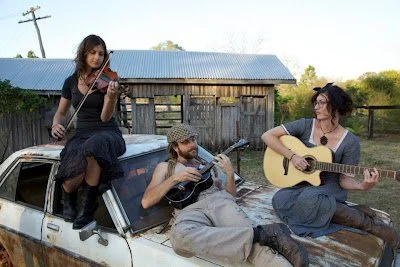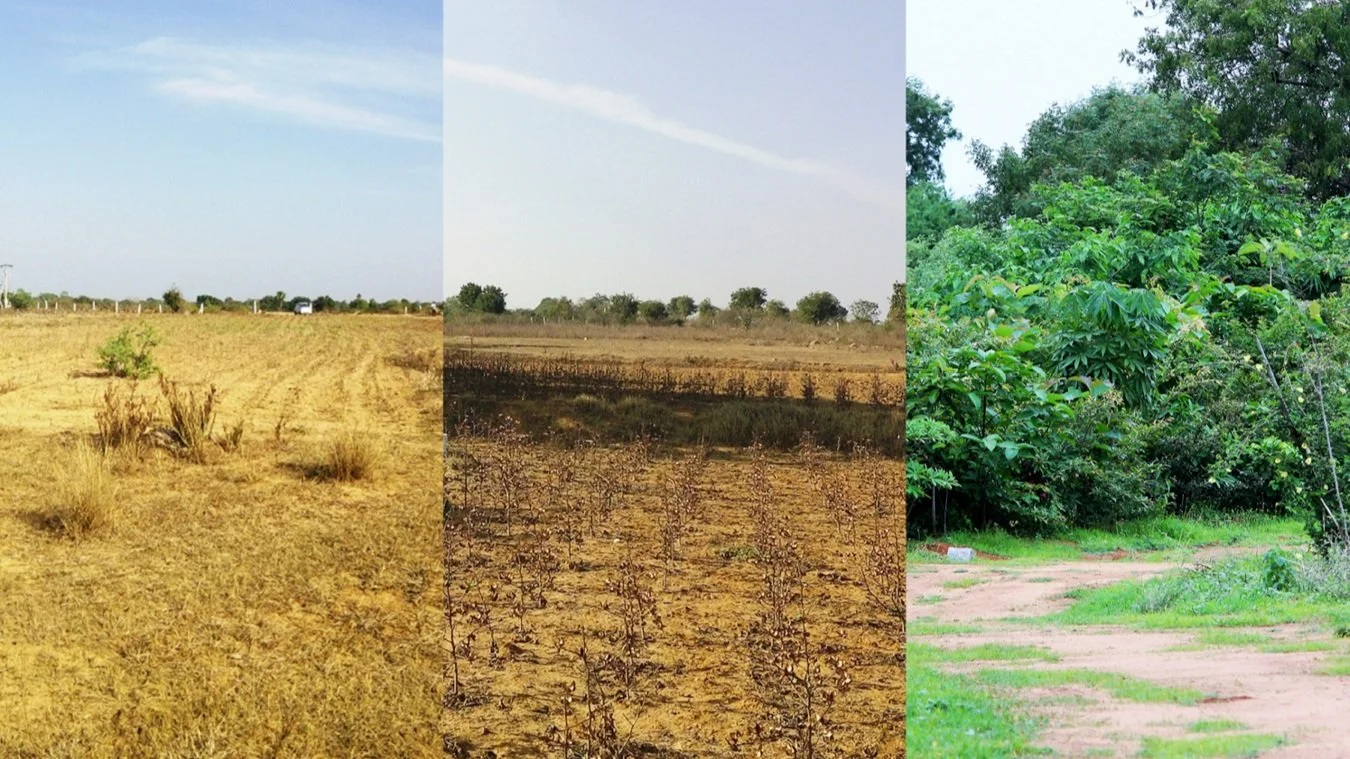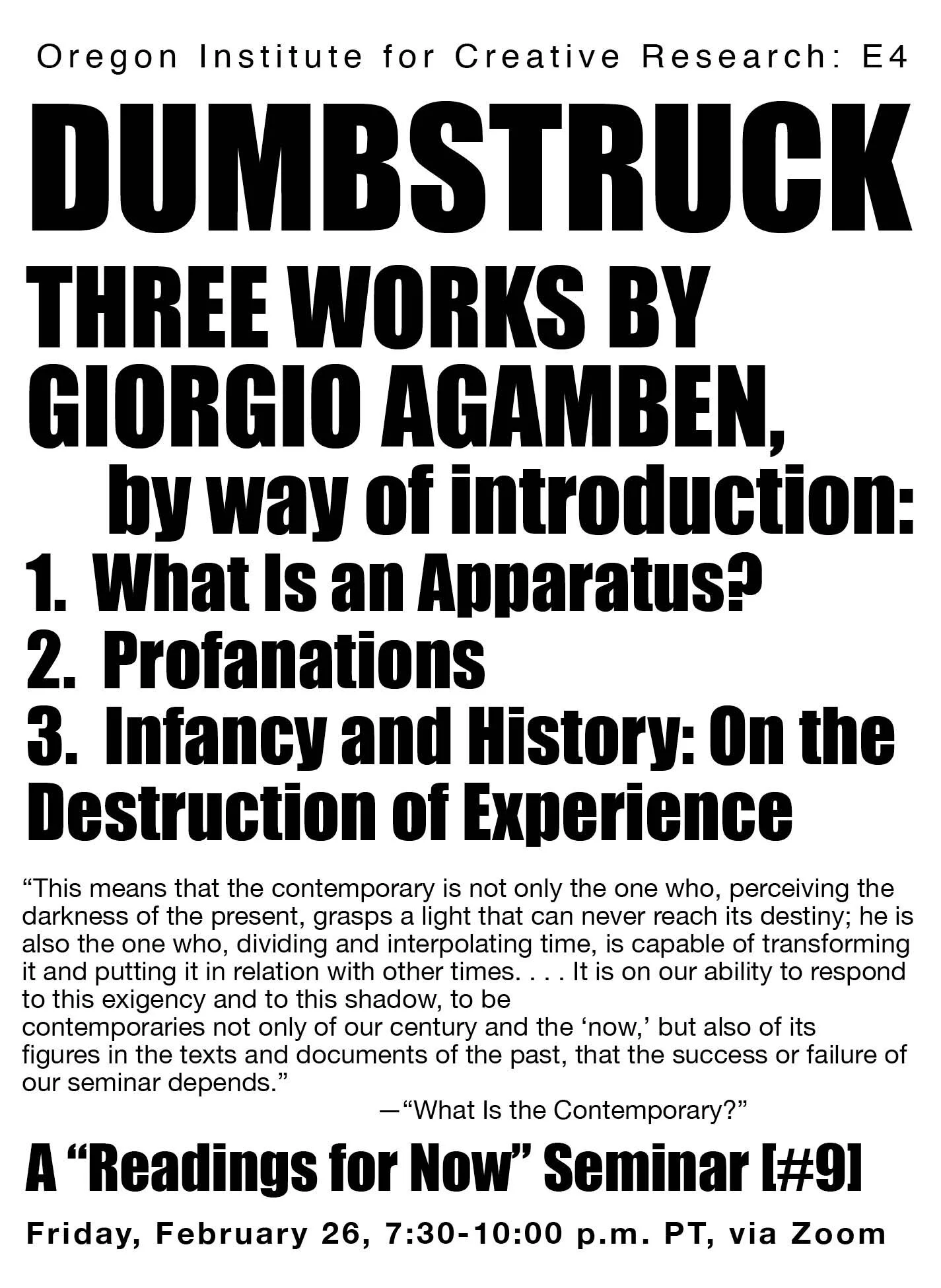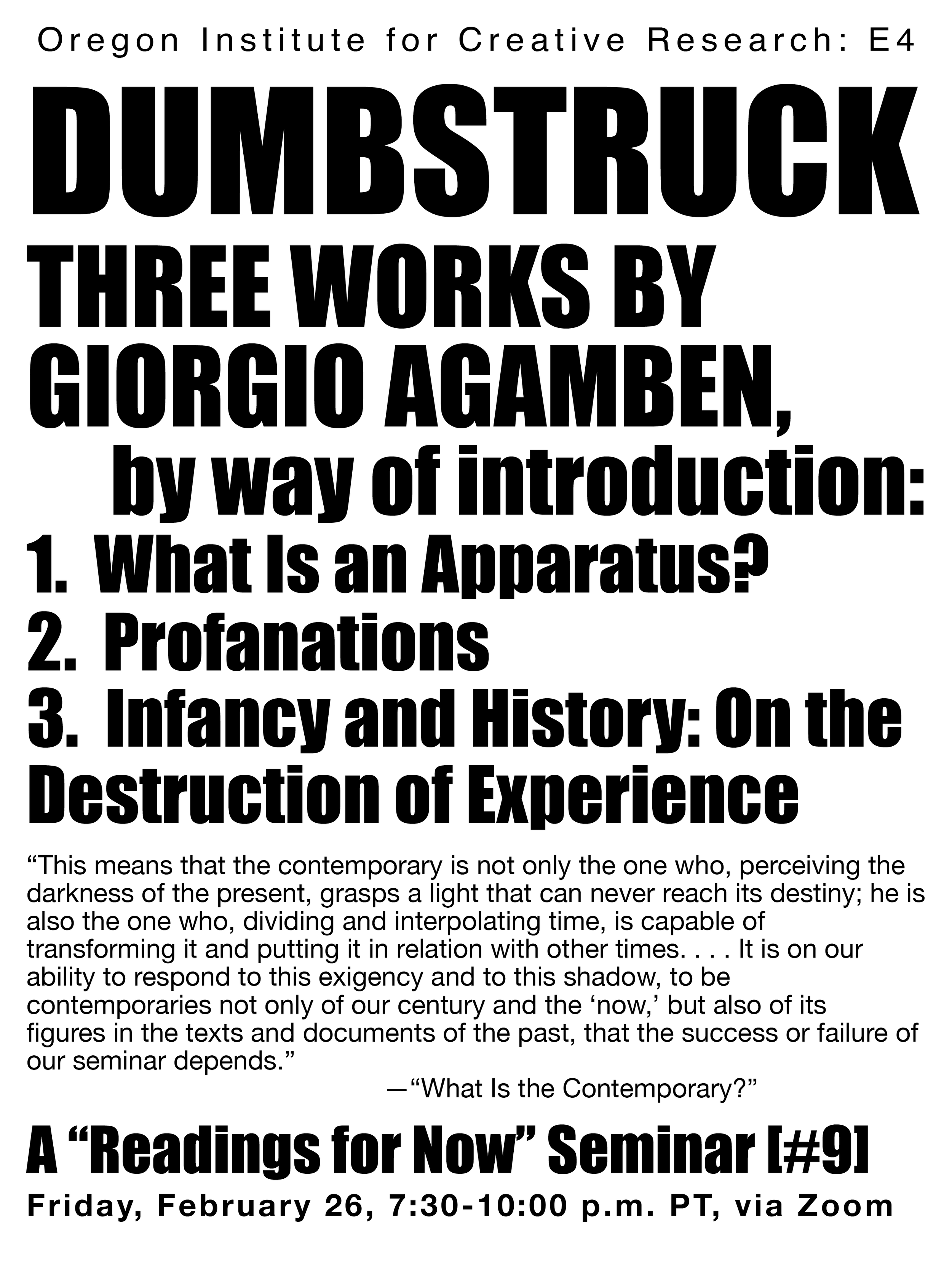An OICR Roundtable Discussion led by Vivina Rie-Boster, Art Historian; Governor, Oregon Institute
Discussants:
Michael Hurt, Cultural Theory and Art History, Korea National University of Arts
Kyu Hyun Kim, Japanese and Korean History, University of California, Davis
Chris Witherspoon, theGrio.com, NBC; Founder and CEO, PopViewers
Four experts on Korean history, culture, and popular culture discuss Hwang Dong-hyuk’s Netflix survivalist drama, situating it within a larger context of concerns, interests, and preoccupations
BIOS
Vivina Rie-Boster, born in Seoul, Korea, received a B.A. in Fine Arts and East Asian Studies from Harvard-Radcliffe College; an M.A. in East Asian Regional Studies at Harvard University, with a research thesis devoted to Sen no Rikkyu and Yanagi Soetsu; and an M.T.S. from Harvard Divinity School, where she focused on East Asian and Himalayan religions as well as the study of classical Mongolian. She has served as a Teaching Fellow in Inner Asian Civilizations at Harvard, lectured on the history of Indian art at Portland State University, and sat on the boards of the Portland Art Museum’s Asian Art Council and the Oregon Korea Foundation. Her current research interests include Korean ceramics, specifically, buncheong ware
Michael W. Hurt lives in Seoul, where he researches youth, street fashion, and digital subcultures, and lectures on Cultural Theory and Art History at the Korea National University of Arts. His work can be described as Visual Sociology, and often involves using the camera to access and document emergent digital subcultures. In 2006, he started Korea's first street-fashion blog, and three years later, published the first English-language book on Korean fashion. His current research focuses on the political economy of the pay model on Korean Instagram and the analysis of the Korean Wave (Hallyu). He holds a B.A. in History and American Civilization from Brown University and a doctorate in Comparative Ethnic Studies, UC Berkeley, and has served as a consulting editor for the Korea Journal at the Korean Commission for UNESCO
Kyu Hyun Kim is Associate Professor of Japanese and Korean History at the University of California, Davis. He holds a BA degree from Harvard-Radcliffe College and a Ph.D. in History and East Asian Languages from Harvard University. He is the author of The Age of Visions and Arguments: Parliamentarianism and the National Public Sphere in Early Meiji Japan (Harvard Asia Center Publications, 2008), and is currently working on a book on the wartime mobilization of colonized Koreans in the 1930s and 1940s. He has written numerous articles, book chapters, and review essays on modern Japanese and Korean history, Korean cinema and comics, and Japanese popular culture. He is a Contributing Editor and Academic Adviser to www.koreanfilm.org, the first English-language website devoted to the subject of New Korean Cinema
Chris Witherspoon has served as an entertainment correspondent for Fandango and CNN, and was the founding Entertainment Editor for NBC’s theGrio.com. He regularly appears on MSNBC, TODAY, The Wendy Williams Show, and NBC’s Nightly News. Over the years, he has conducted numerous interviews with a range of personalities, including Meryl Streep, Tom Hanks, Oprah Winfrey, Will Smith, Viola Davis, Hugh Jackman, Denzel Washington, Harrison Ford, and Kerry Washington. An alumnus of Ohio University and the NBC Page Program, he got his start as an intern at ABC’s Good Morning America
. . . . . . . . . . . . . . . . . . . . . . . . . . . . . . . . . . . . . . . . . . . . . . . . . . . . . . . . . . . . . . . . . . . . .
ZOOM INFORMATION
Topic: OICR Roundtable Discussion [#2]: "As for Squid Game, We'd Really Rather Not Talk about It"
Time: Dec 20, 2021 06:30 PM Pacific Time (US and Canada)
Join Zoom Meeting
https://us06web.zoom.us/j/85863461282?pwd=cEdiWE5jUXVndlU5YmJDM1IwVlNDQT09
Meeting ID: 858 6346 1282
Passcode: 581074
One tap mobile
+13462487799,,85863461282#,,,,*581074# US (Houston)
+16699006833,,85863461282#,,,,*581074# US (San Jose)
Dial by your location
+1 346 248 7799 US (Houston)
+1 669 900 6833 US (San Jose)
+1 253 215 8782 US (Tacoma)
+1 312 626 6799 US (Chicago)
+1 929 205 6099 US (New York)
+1 301 715 8592 US (Washington DC)
Meeting ID: 858 6346 1282
Passcode: 581074
Find your local number: https://us06web.zoom.us/u/kevhG5YHI










!["Readings for Now" Seminar [#16]: "Ecological Violence and the Remedy of Culture," with Dawn Herrera, University of Chicago, and Ben Helphand, NeighborSpace, Chicago](https://images.squarespace-cdn.com/content/v1/599112efcd39c3b3ad2118b0/1671491579699-JD63SNYFRDUHOR5Z5BYK/RFN_16_ecological_violence_12%3A12_V6.png)

!["Films for Now" Seminar [#6]: "Gaslight" (see Merriam-Webster's recently-announced Word of the Year)](https://images.squarespace-cdn.com/content/v1/599112efcd39c3b3ad2118b0/1670286309854-4BLZJBZTT2GT5WXOWDEA/FFN_GASLIGHTING_NOTEXT.png)






!["Readings for Now" Seminar [#14]: Revisiting Jacques Ellul's Classic Study](https://images.squarespace-cdn.com/content/v1/599112efcd39c3b3ad2118b0/1649295648530-XLIMRS6XTDLGCNB0Z308/PROPAGANDA_BOOK_RFN_14_FINAL_EMAIL.png)

![Films for Now" Seminar [#5]: "Parasite," with Kyu Hyun Kim, University of California, Davis](https://images.squarespace-cdn.com/content/v1/599112efcd39c3b3ad2118b0/1647561908208-IQTDYNX21IRYNHLXCCXO/1625524744_What-do-we-know-about-the-series-adapted-from-Pong.jpeg)




























!["Films for Now" Seminar [#4]: "Le quattro volte"](https://images.squarespace-cdn.com/content/v1/599112efcd39c3b3ad2118b0/1616539524785-A72OG75ISCRVMPLUGB6O/FFN_4_QUATRO.jpg)

!["Films for Now" Seminar [#3]: "Border," with Erika M. Anderson and Leif Shackelford](https://images.squarespace-cdn.com/content/v1/599112efcd39c3b3ad2118b0/1616539649780-1NY5HSVL5TJ08W43FO3D/FFN_3_BORDER.jpg)



!["Films for Now" Seminar [#2] : "Mother," with Wendy Behrend](https://images.squarespace-cdn.com/content/v1/599112efcd39c3b3ad2118b0/1616539694115-QDV26JG9DD8K2OCPN7EN/FFN_2_MOTHER.jpg)
